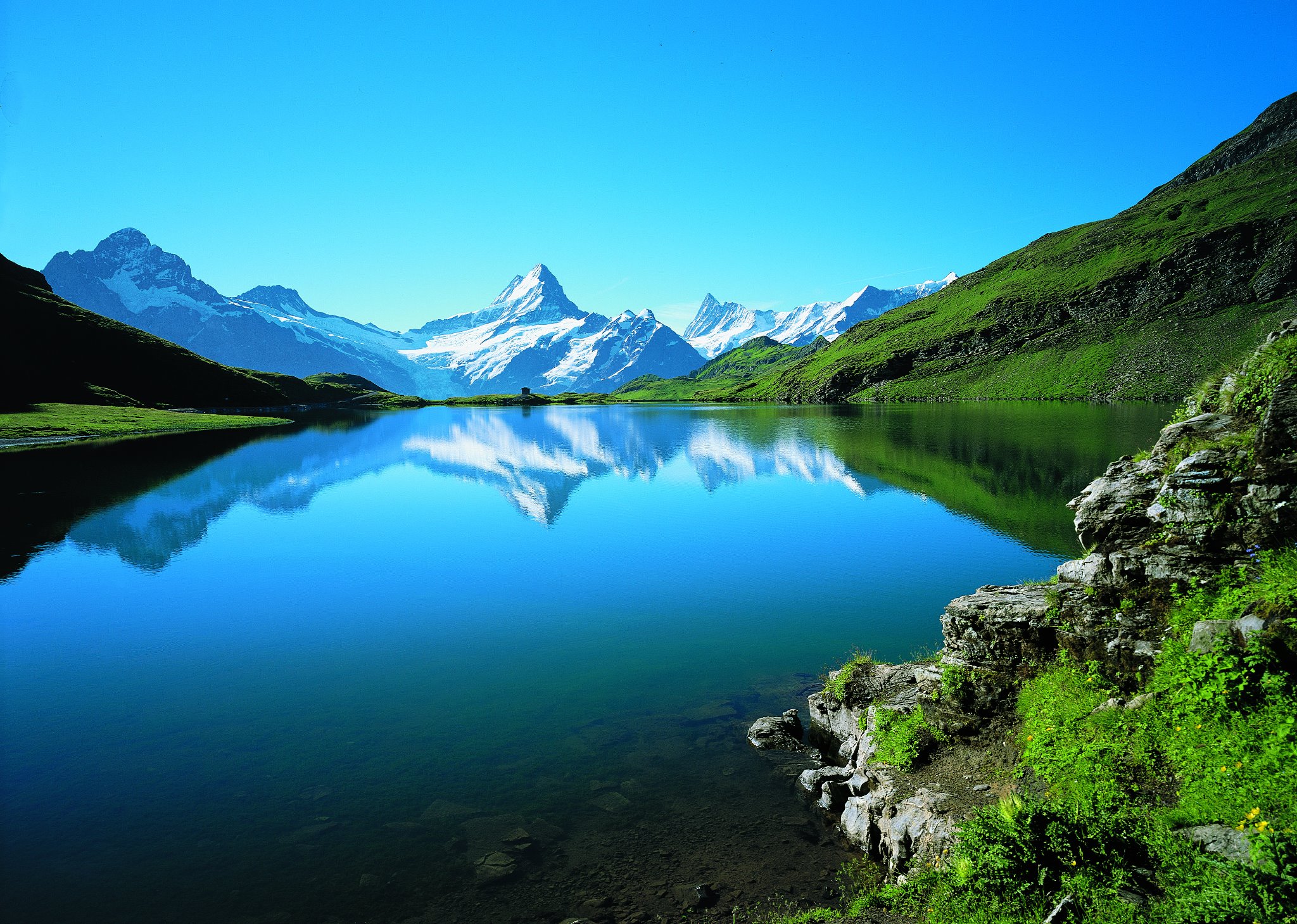
Much like Germany, marriage in Switzerland must take place in a civil ceremony held at an official civil register office venue. That doesn’t mean you can’t arrange your own religious or private celebration in addition, but it can’t replace the civil ceremony.
Various administrative steps must be taken in order to apply for a civil wedding and have it approved by the registrar. Non-citizens must supply their birth certificate, declarations of marital status, passports and also complete a “marriage preparation” form. Once your marriage application is approved by the registrar, you have three months to hold your civil ceremony. If you don’t speak the local language, a translator must be present during the ceremony. You must also provide two witnesses who know the language and are able to understand what’s going on. Your marriage certificate from your civil wedding then must be presented at your church or place of worship if you wish to have a second ceremony there.
Most couples choose to avoid all of this and simply marry at home before leaving, but we can help you jump through these legal hoops if necessary. Another thing to consider is that Switzerland is commonly known as one of the most expensive countries in all of Europe. Many brides and grooms choose to bring wedding products and services in from other less expensive countries. For example, hiring a photographer/videographer from home and paying for travel fees can be less expensive than hiring a Swiss vendor who performs the same services. You will also have the added bonus of speaking the same language.
The scenery is what attracts most couples to Switzerland, and it rarely disappoints. The photo below is a wedding happening in an igloo in the Swiss Alps. 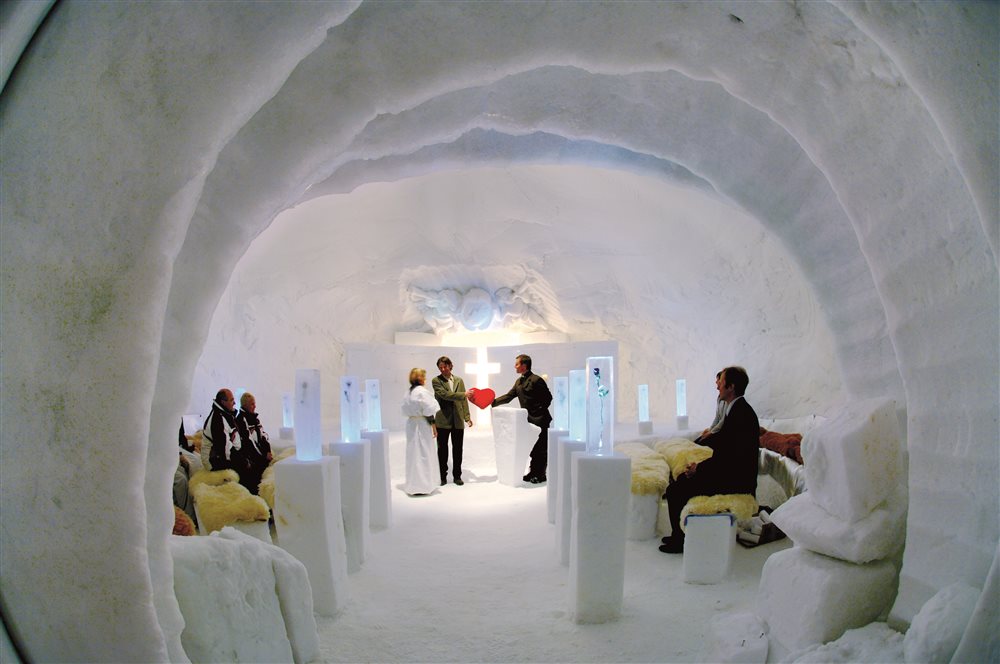
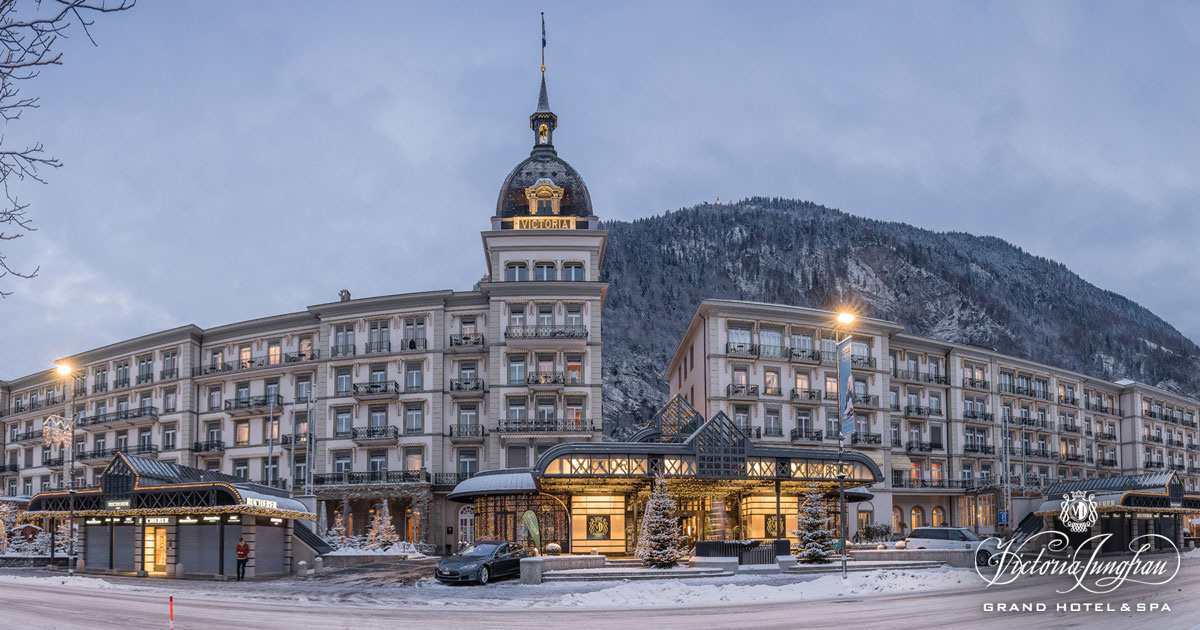
Interlaken is situated between Lake Thun and Lake Brienz, overshadowed by the triple peaks of the Eiger, Mönch and Jungfrau. In summer and winter alike, there are many spectacular sights to see.

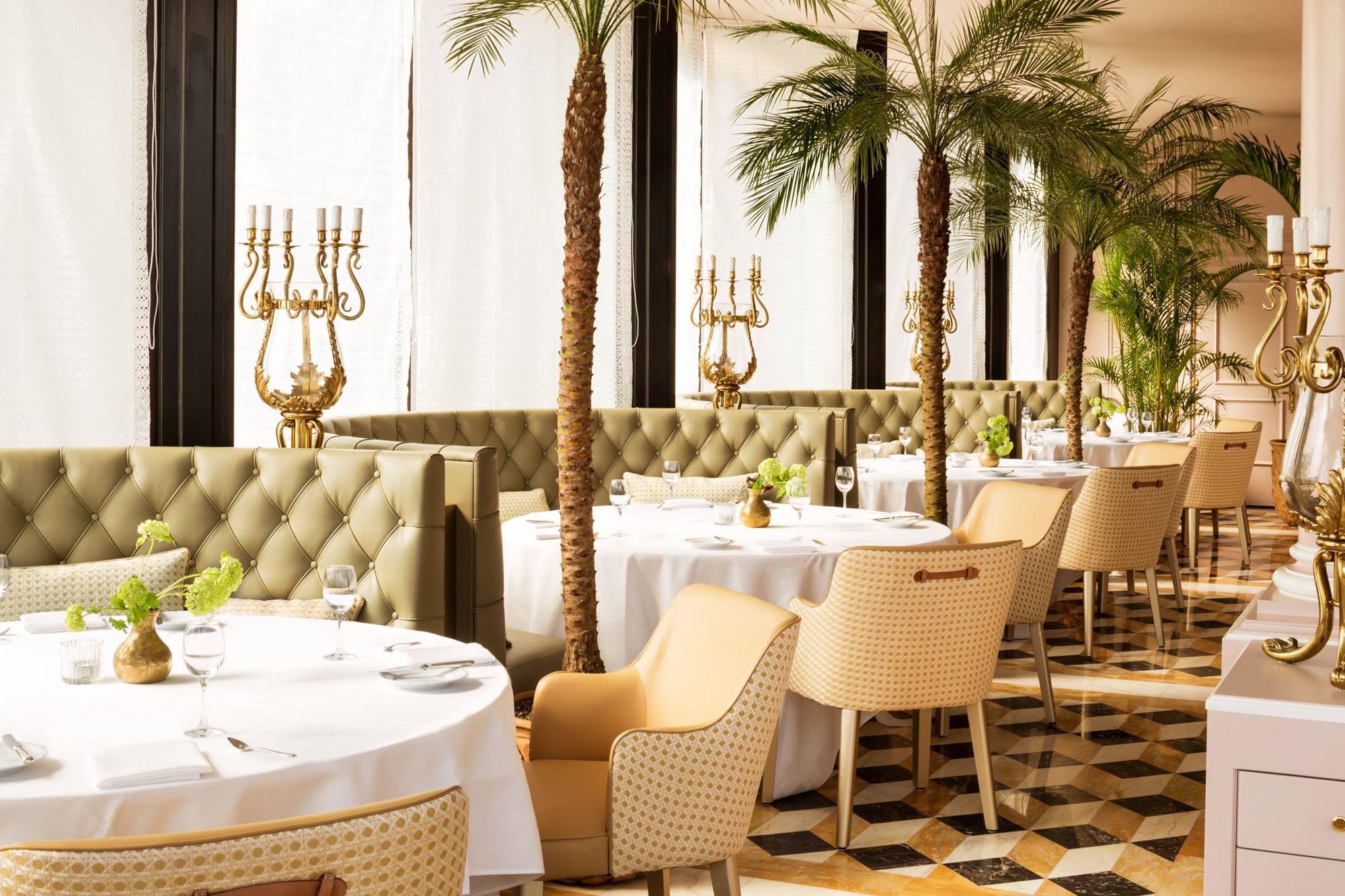
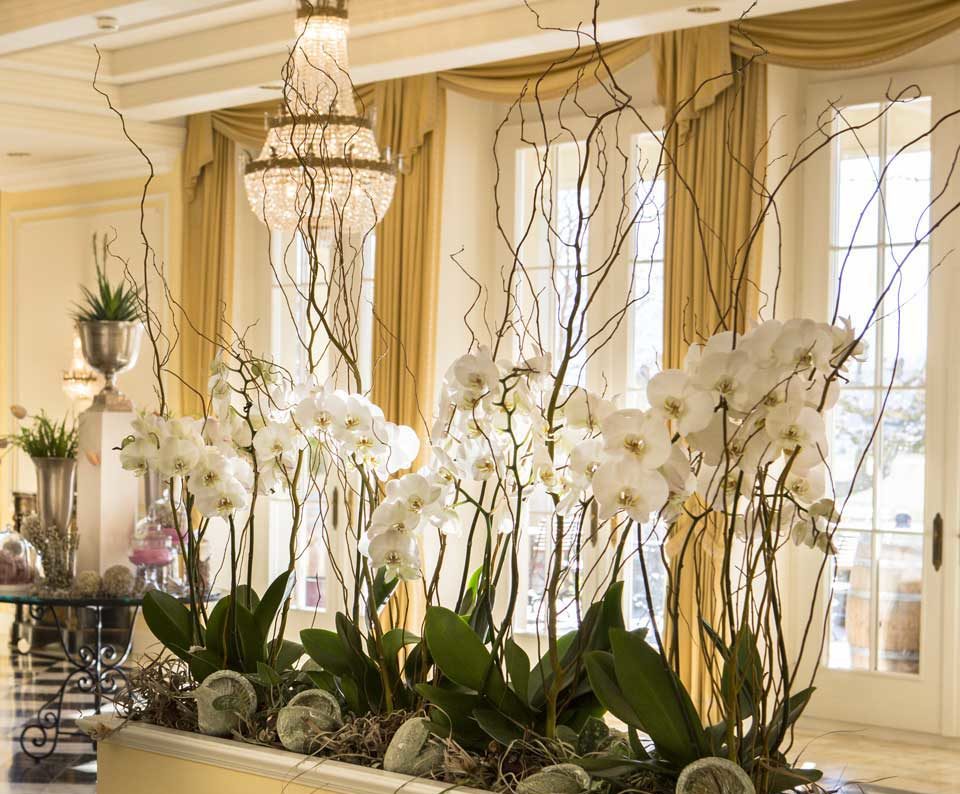
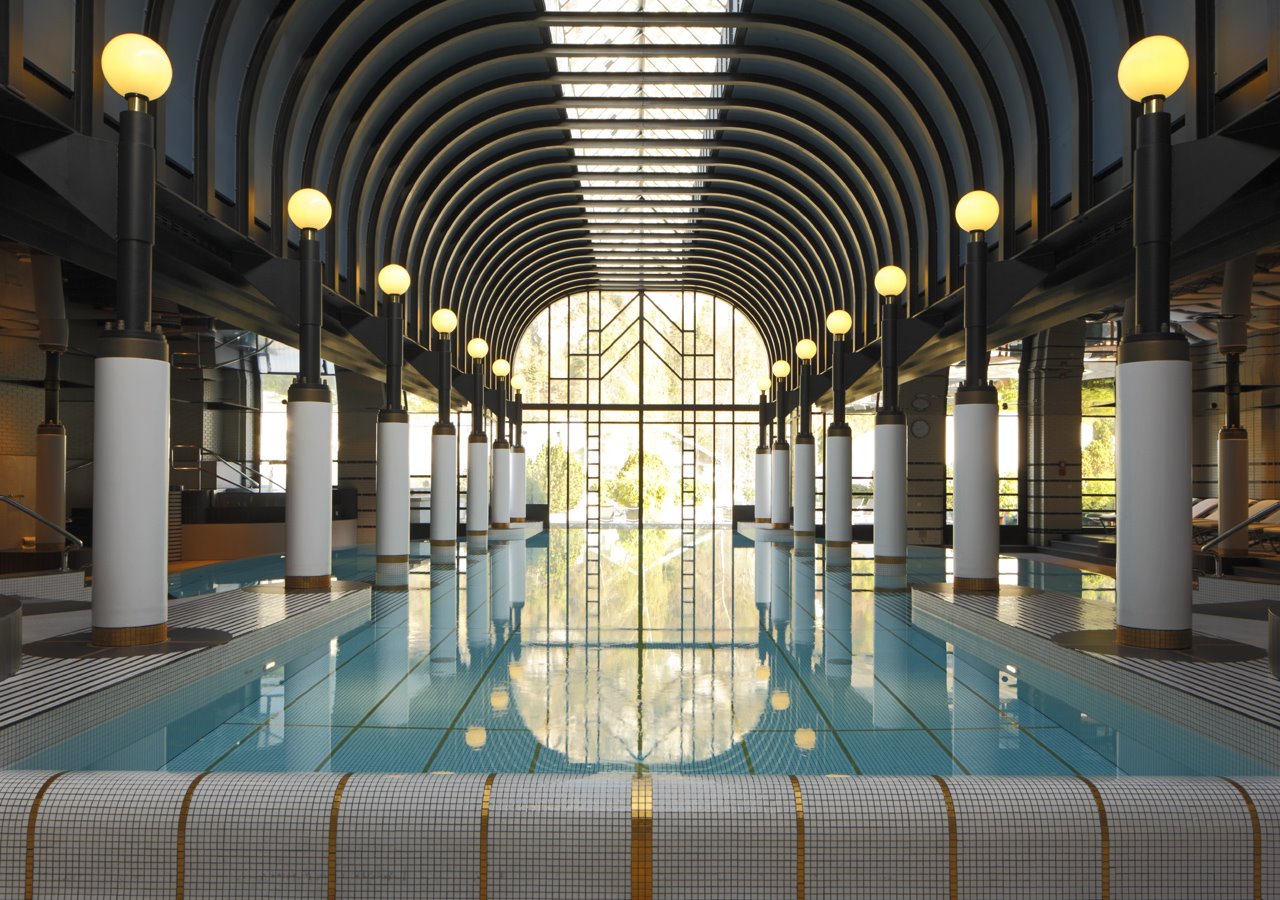
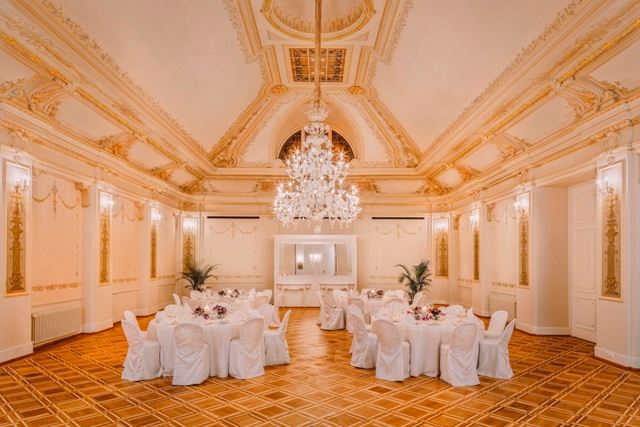
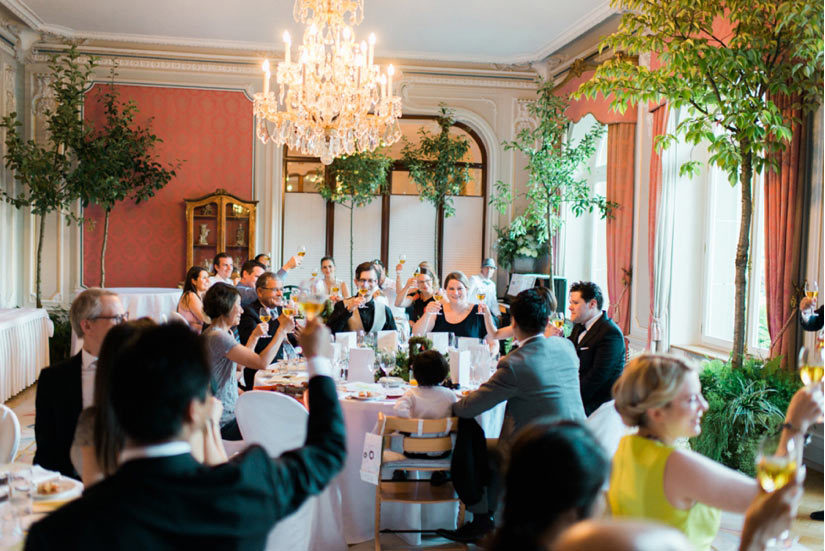
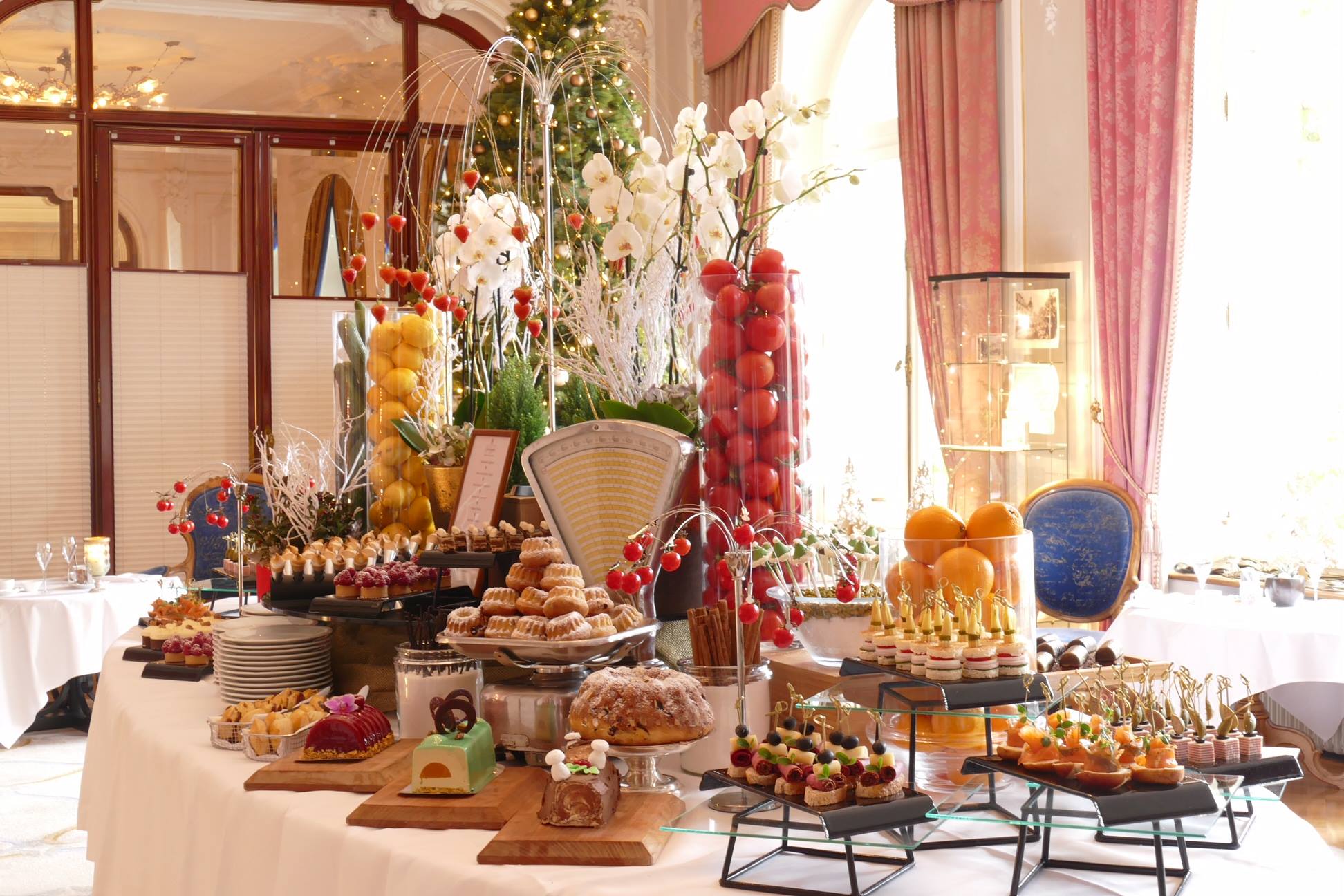

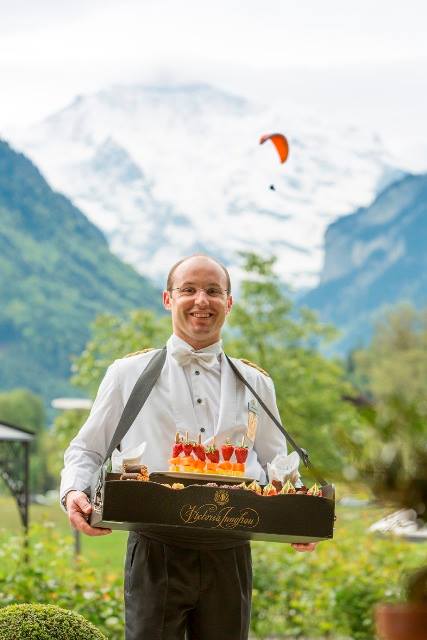
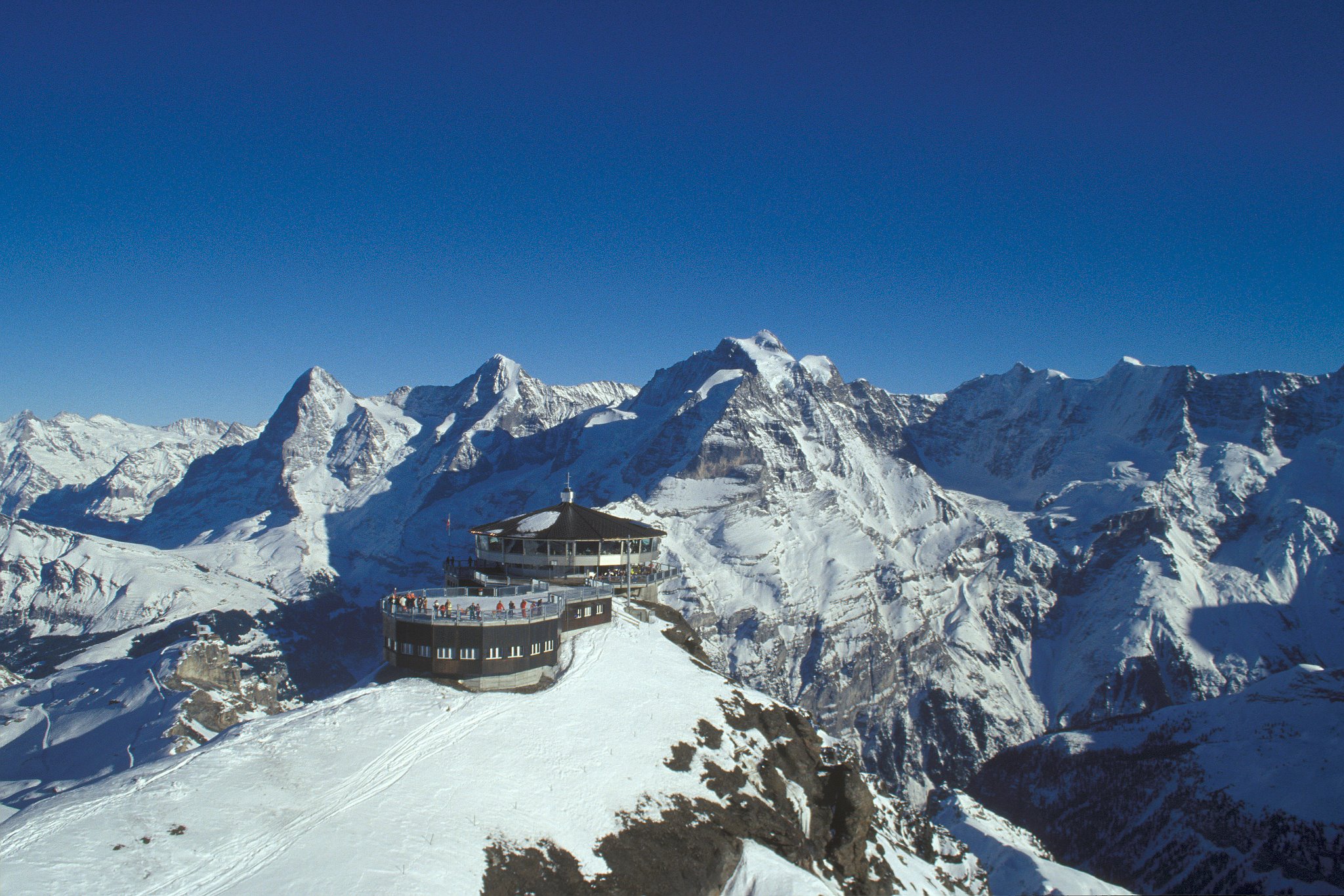
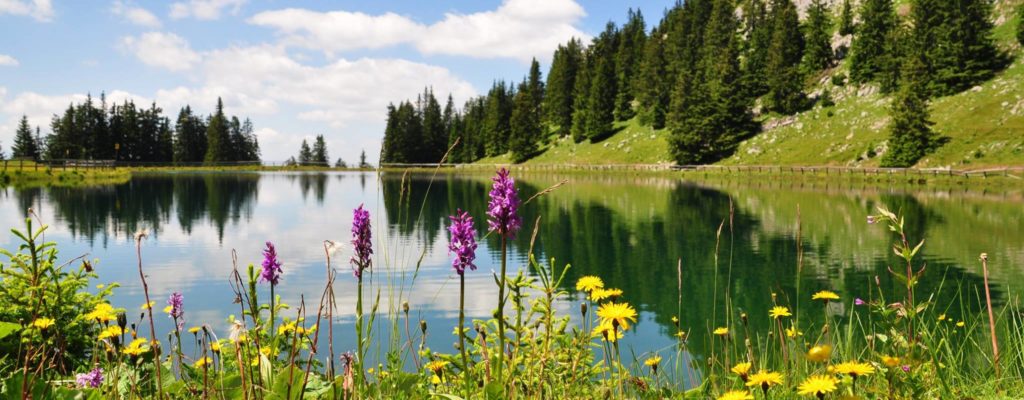
Leave a Reply